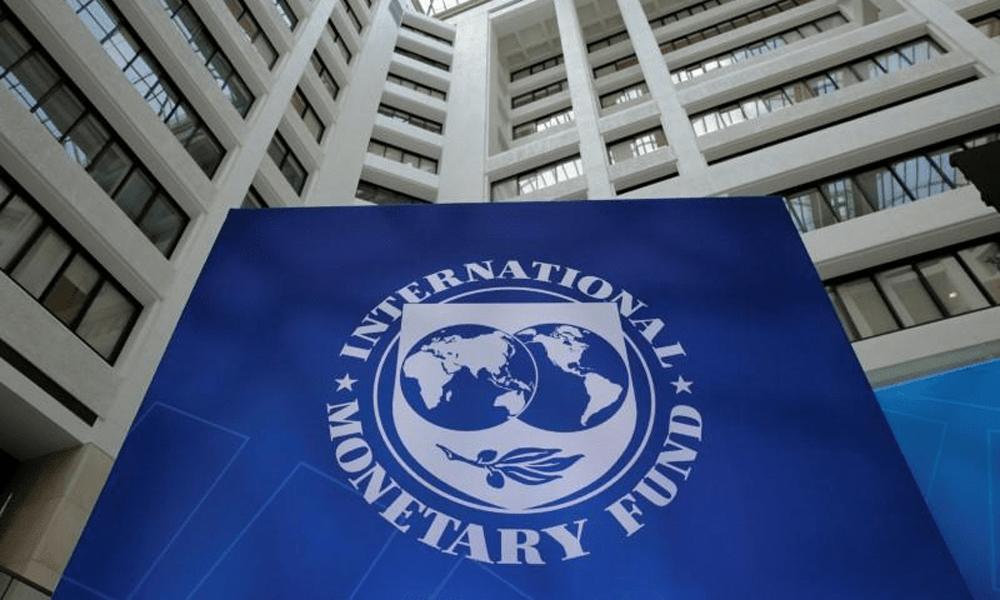Focus on agriculture has limited Pakistan's ability to produce technology-based advanced goods, said IMF


Islamabad: The International Monetary Fund (IMF) has demanded that Pakistan immediately end preferential treatment, tax breaks, and other protections for the agriculture and textile sectors.
According to the media report, the IMF in its staff report identified the factors behind the troubled economy and blamed these two sectors for their failure to contribute adequately to the national income and declared that these sectors and stated that these sectors consumed a large share of public funds while remaining inefficient and uncompetitive.
In a report on the recently approved $7 billion loan program, the IMF urged Pakistan to review its economic practices of the past 75 years to avoid repeated 'boom-bust cycles'. However, the report highlights that Pakistan has lagged behind other countries of its ilk, and a stagnant economy has affected living standards and pushed more than 40.5 percent of the population below the poverty line.
It stated that Pakistan continues to face difficulties in exporting more advanced products, and the share of knowledge-based exports is low because it has not been able to promote modernisation, ranking Pakistan 85th in the 'Economic Complexity Index' by 2022 and was the same in 2000 as well.
According to the report, exports tend to be only towards agriculture and textile products, while the country has been facing difficulties in shifting its resources towards technology-based products.
It is further stated that the focus on agriculture has limited Pakistan's ability to produce technology-based advanced goods, while Pakistan exports some high-end products such as medicines, medical devices, and plastic products. These sectors work in highly degraded economic environments.
The report points out that the textile sector has the highest tax differential compared to its sub-sector value-added. Between 2007 and 2022, the textile sector received subsidies, favorable prices on inputs, and concessional financing schemes. The textile sector accounts for 70 percent of concessional loans due to the central bank till May 2024.
The IMF recommended that the government focus on easing trade policies under the upcoming National Tariff Policy (2025-29), further urging Pakistan to promote industrialization or 'inefficient' (Wales) should avoid using tariffs to protect sectors, the IMF argued that such policies undermine exports.
It said that Pakistan should focus on several high-tech products, including glassware, paints, chemicals, textiles for industrial use, paper, cosmetics, and rubber products.

Punjab aircraft controversy should be viewed through facts and policy lens: Analysts
- 8 گھنٹے قبل

Why the western US is running out of water, in one chart
- 15 گھنٹے قبل
England captain Brook says a ‘shame’ if Pakistan players snubbed for Hundred competition
- ایک دن قبل

President, PM urge Scouts to assist Govt in dealing with challenges
- 8 گھنٹے قبل

Baseus’ retractable, 6-in-1 travel adapter is on sale for its lowest price to date
- 17 گھنٹے قبل

Pakistan, Bangladesh to expand cooperation across diverse sectors
- 2 گھنٹے قبل

Mastodon is testing easier ways to get you started in the fediverse
- 17 گھنٹے قبل

Pakistan targets 7 TTP, ISKP hideouts in border operation
- 8 گھنٹے قبل

Abxylute’s new Switch 2 controller prototype has one big problem
- 17 گھنٹے قبل

Super eight: spinners’ magic works as England beat Sri Lanka by 51 runs
- 4 گھنٹے قبل

The AI security nightmare is here and it looks suspiciously like lobster
- 8 گھنٹے قبل

The Supreme Court just blew up Trump’s foreign policy
- 15 گھنٹے قبل













